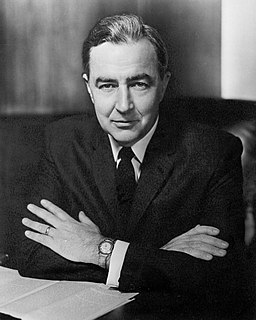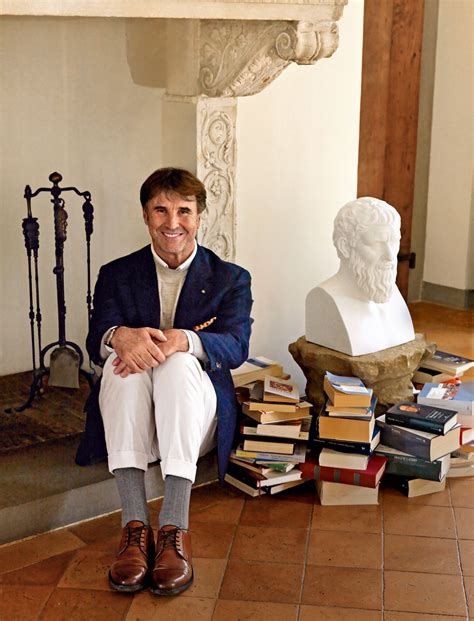A Quote by Ted Malloch
The moral sentiments that constrain economic life also promote it.
Related Quotes
Contrary to popular belief, we do not face a choice between economy and ecology, It is often said that protecting the environment would constrain or even undermine economic growth. In fact, the opposite is true: unless we protect resources and the earth's natural capital, we shall not be able to sustain economic growth.
I see the liberty of the individual not only as a great moral good in itself (or, with Lord Acton, as the highest political good), but also as the necessary condition for the flowering of all the other goods that mankind cherishes: moral virtue, civilization, the arts and sciences, economic prosperity.
Nations are political and military entities, and so are blocs of nations. But it doesn't necessarily follow from this that they are also the basic, salient entities of economic life or that they are particularly useful for probing the mysteries of economic structure, the reasons for rise and decline of wealth. Indeed, the failure of national governments and blocs of nations to force economic life to do their bidding suggests some sort of essential irrelevance.
The phenomenon of economic ignorance is so widespread, and its consequences so frightening, that the objective of reducing that ignorance becomes a goal invested with independent moral worth. But the economic education needed to reduce such ignorance must be based on austere, objective, scientific content—with no ideological or moral content of its own.
Adam Smith's image of competition in the marketplace was intended as an adjunct to his detailed description of human motivation in The Theory of Moral Sentiments , in which the pursuit of profit is tempered at every juncture by sympathy and benevolence, and by the posture of the "impartial spectator" which is forced on us by our moral nature.
Environmental history was . . . born out of a moral purpose, with strong political commitments behind it, but also became, as it matured, a scholarly enterprise that had neither any simple, nor any single, moral or political agenda to promote. Its principal goal became one of deepening our understanding of how humans have been affected by their natural environment through time and, conversely, how they have affected that environment and with what results.
... what we should be looking for is fresh ideas of how we make moral decisions about our dealings with one another, economic, social, cultural. Economic determinism is an objectionable creed where men and women espouse it in its communist or capitalist form because it treats human beings as economic units and not as responsible persons.































